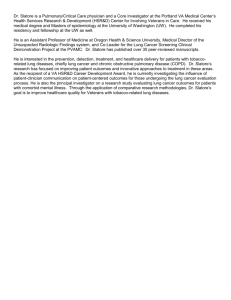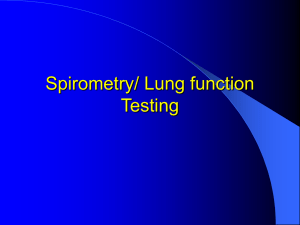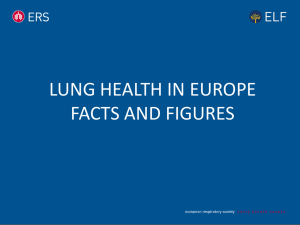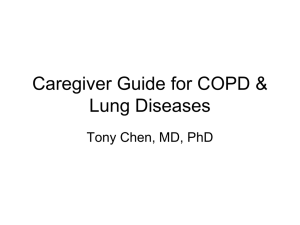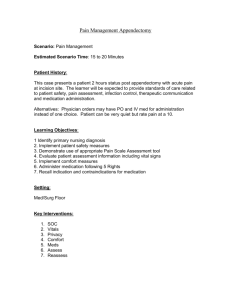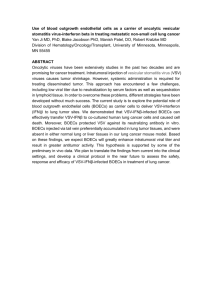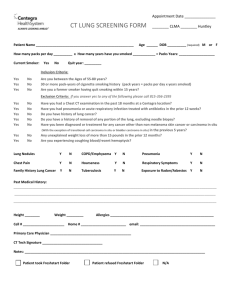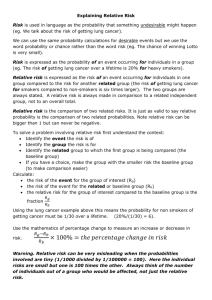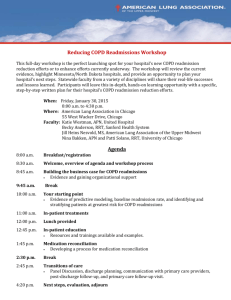Sandri Brian Abstract 2015
advertisement
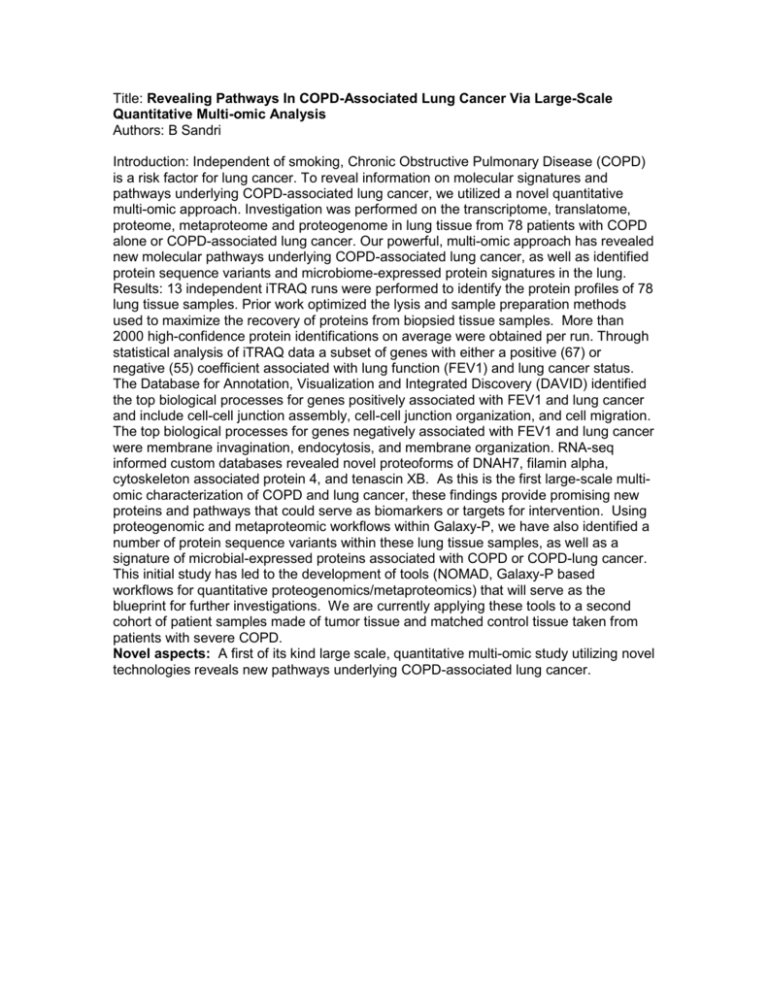
Title: Revealing Pathways In COPD-Associated Lung Cancer Via Large-Scale Quantitative Multi-omic Analysis Authors: B Sandri Introduction: Independent of smoking, Chronic Obstructive Pulmonary Disease (COPD) is a risk factor for lung cancer. To reveal information on molecular signatures and pathways underlying COPD-associated lung cancer, we utilized a novel quantitative multi-omic approach. Investigation was performed on the transcriptome, translatome, proteome, metaproteome and proteogenome in lung tissue from 78 patients with COPD alone or COPD-associated lung cancer. Our powerful, multi-omic approach has revealed new molecular pathways underlying COPD-associated lung cancer, as well as identified protein sequence variants and microbiome-expressed protein signatures in the lung. Results: 13 independent iTRAQ runs were performed to identify the protein profiles of 78 lung tissue samples. Prior work optimized the lysis and sample preparation methods used to maximize the recovery of proteins from biopsied tissue samples. More than 2000 high-confidence protein identifications on average were obtained per run. Through statistical analysis of iTRAQ data a subset of genes with either a positive (67) or negative (55) coefficient associated with lung function (FEV1) and lung cancer status. The Database for Annotation, Visualization and Integrated Discovery (DAVID) identified the top biological processes for genes positively associated with FEV1 and lung cancer and include cell-cell junction assembly, cell-cell junction organization, and cell migration. The top biological processes for genes negatively associated with FEV1 and lung cancer were membrane invagination, endocytosis, and membrane organization. RNA-seq informed custom databases revealed novel proteoforms of DNAH7, filamin alpha, cytoskeleton associated protein 4, and tenascin XB. As this is the first large-scale multiomic characterization of COPD and lung cancer, these findings provide promising new proteins and pathways that could serve as biomarkers or targets for intervention. Using proteogenomic and metaproteomic workflows within Galaxy-P, we have also identified a number of protein sequence variants within these lung tissue samples, as well as a signature of microbial-expressed proteins associated with COPD or COPD-lung cancer. This initial study has led to the development of tools (NOMAD, Galaxy-P based workflows for quantitative proteogenomics/metaproteomics) that will serve as the blueprint for further investigations. We are currently applying these tools to a second cohort of patient samples made of tumor tissue and matched control tissue taken from patients with severe COPD. Novel aspects: A first of its kind large scale, quantitative multi-omic study utilizing novel technologies reveals new pathways underlying COPD-associated lung cancer.

